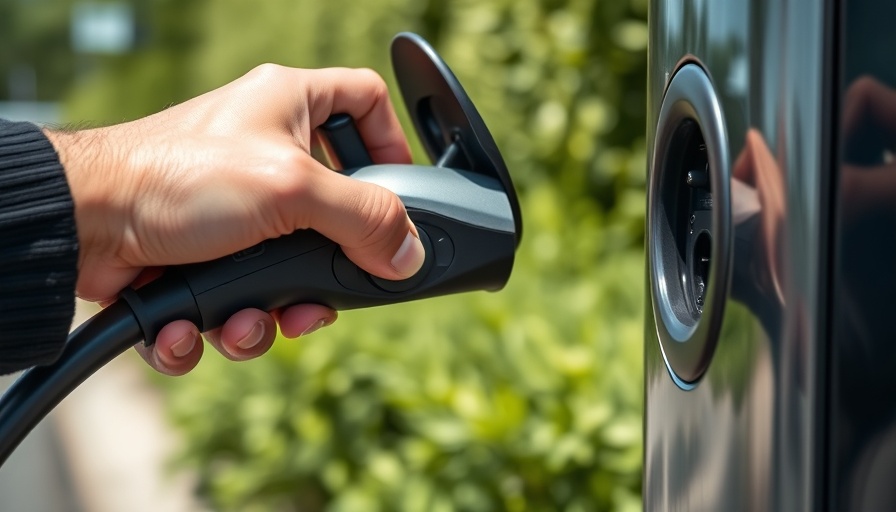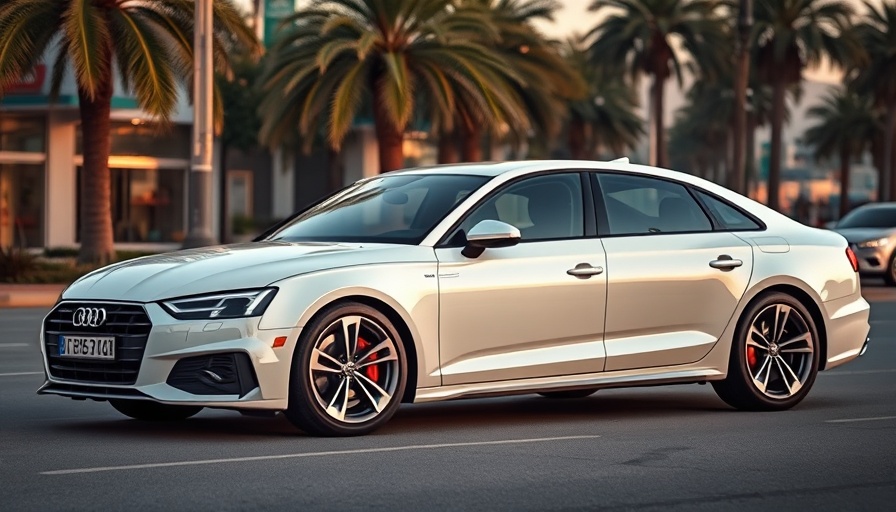
Unpacking Mitsubishi's Potential Withdrawal from the Honda-Nissan Merger
In an unexpected twist within the automotive industry, Mitsubishi Motors is contemplating not joining the proposed merger between Honda and Nissan. This possible decision raises several questions about Mitsubishi's future and reveals the complexities surrounding this high-profile collaboration. With Mitsubishi's ownership structure, wherein Nissan holds a significant 34.01% stake, its decision could set a considerable precedent in the industry.
Why Mitsubishi Might Hesitate
Reports from Reuters indicate that Mitsubishi is seriously considering its options, aiming to retain its status listed on the Tokyo Stock Exchange while continuing to cooperate with both Honda and Nissan. Despite initial agreements to discuss joining the new alliance, sources suggest Mitsubishi's reluctance stems from concerns regarding its influence within a combined entity, especially given its relatively smaller size compared to its counterparts.
Historical Context: Previous Mergers and Their Outcomes
This isn't the first time we've seen such strategic collaborations among automotive giants. The partnership between Nissan and Renault, for example, serves as a cautionary tale about the complexities and potential pitfalls of such alliances. Nissan's past experiences may also contribute to Mitsubishi's caution, as the merger with Renault faced significant challenges. Mitsubishi might be wary of becoming part of another contentious union.
The Landscape Ahead: What It Means for the Automotive Sector
The automotive sector is rapidly evolving, with numerous companies navigating the turbulent waters of mergers and acquisitions. As Honda and Nissan press forward with their plans, Mitsubishi’s stance signals potential shifts in market dynamics and competition. If Mitsubishi opts out, it could lead to a scenario where Honda and Nissan solidify a more robust partnership while Mitsubishi continues to innovate independently. This separation could also provide an opportunity for Mitsubishi to carve out a unique path, potentially focusing on its strengths and the needs of its customer base.
Future Predictions: Industry Responses and Consumer Implications
Should the merger proceed without Mitsubishi, the industry pipeline for innovation and competitiveness could witness changes. Other automakers may reconsider collaborative efforts, opting instead for strategic independence. For consumers, this development could influence vehicle options, market pricing strategies, and even innovation timelines. A standalone Mitsubishi might prioritize tailored offerings catering to niche markets or emerging automotive technologies.
Diverse Perspectives: The View from Within the Industry
Opinions abound regarding Mitsubishi's considerations. Some industry insiders speculate that the company is strategically playing it safe, maintaining its current partnerships to navigate an increasingly competitive market. Meanwhile, critics suggest that without joining forces, Mitsubishi may struggle to keep up with the likes of Honda and Nissan, which are both pushing for expanded capabilities through this merger.
Conclusion: The Path Ahead for Mitsubishi
Mitsubishi’s indecision regarding joining Honda and Nissan's merger encapsulates a broader narrative of risk, responsibility, and corporate identity within the automotive landscape. As the industry prepares for changes, Mitsubishi must weigh its options carefully to secure its future. The implications of its decision could reshape not just its own strategy but the entire automotive sector.
 Add Row
Add Row  Add
Add 




Write A Comment